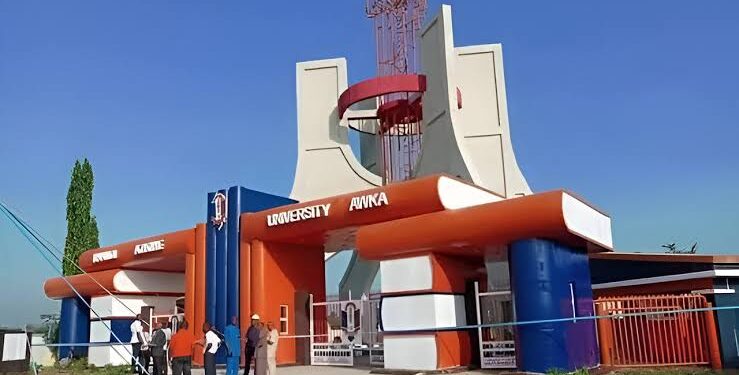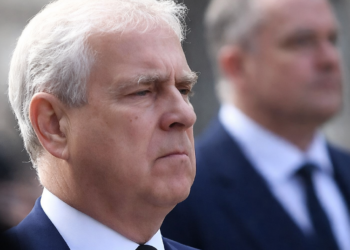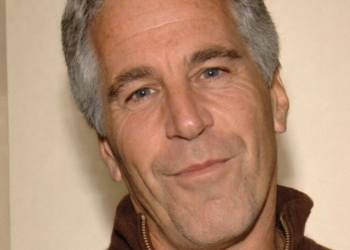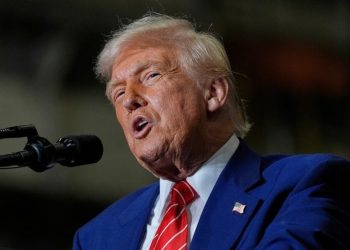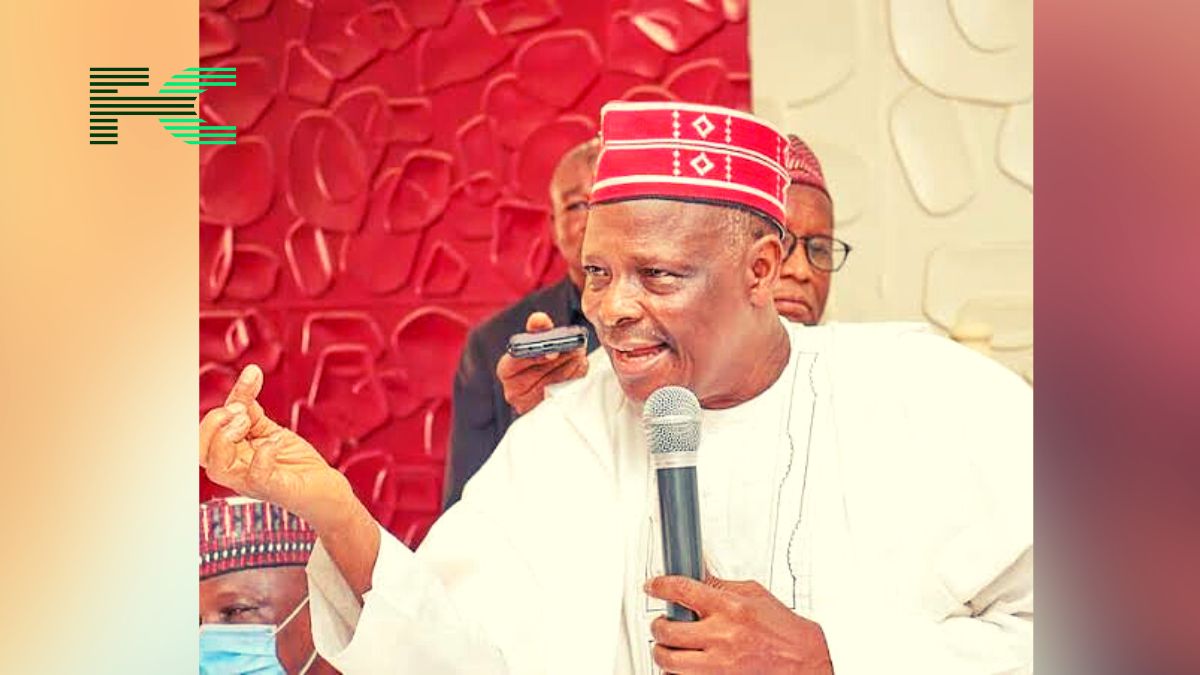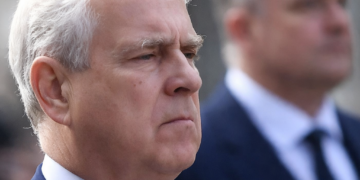The Federal University Gusau (FUG) in Zamfara State has officially disowned Dr. Bernard Ifeanyi Odoh, recently sacked as Vice Chancellor of Nnamdi Azikiwe University (UNIZIK), Awka. Addressing the press in Gusau, FUG Vice Chancellor, Professor Muazu Abubakar, stated that Odoh was never employed as a professor or tenured staff at the institution.
Fraudulent Documents Exposed
Professor Abubakar revealed that the documents Odoh presented to support his alleged tenure and promotion as a professor—dated April 30, 2015, and November 12, 2015—were fraudulent. He further claimed these documents were “certified” using a fake stamp by the university’s former registrar, Ibrahim Bawa Kaura, six years after Kaura left office.
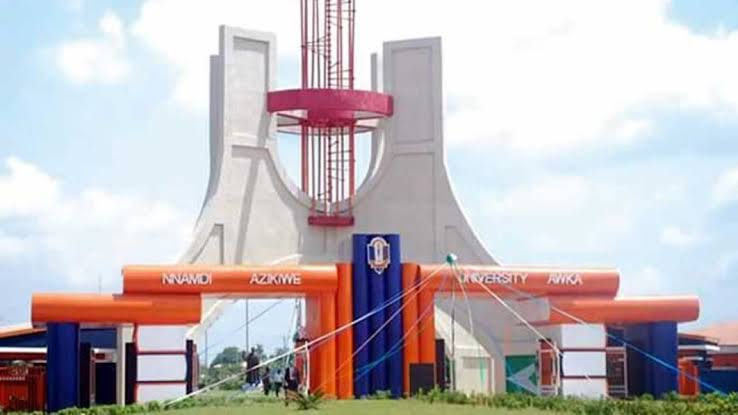
Dubious Employment History
Dr. Odoh was reportedly engaged as a visiting staff member in the Department of Geology from July 2014 to August 2015 but never assumed duty or taught any courses. Despite this, he was enrolled on the university’s payroll, which Professor Abubakar labeled as a “shoddy and fraudulent” act orchestrated by Odoh in collusion with the former vice chancellor and registrar of FUG.
University’s Position
Professor Abubakar emphasized that the records show no evidence of Odoh’s appointment, documentation, or confirmation as a professor. “Whatever claims he makes are desperate attempts to legitimize his ambition to become Vice Chancellor of UNIZIK through illegal means,” Abubakar concluded.
Federal Action Against UNIZIK Leadership
In a related development, President Bola Tinubu approved the dissolution of UNIZIK’s Governing Council and the removal of Dr. Odoh as Vice Chancellor. Presidential spokesperson Bayo Onanuga confirmed that the council had appointed an unqualified vice chancellor in violation of due process, prompting federal intervention.
Bottom Line
The Federal University Gusau has distanced itself from Dr. Bernard Odoh, highlighting systemic irregularities and fraud in his claims of tenure. This controversy underscores the need for strict adherence to due process in academic appointments to safeguard the credibility of Nigeria’s institutions.

